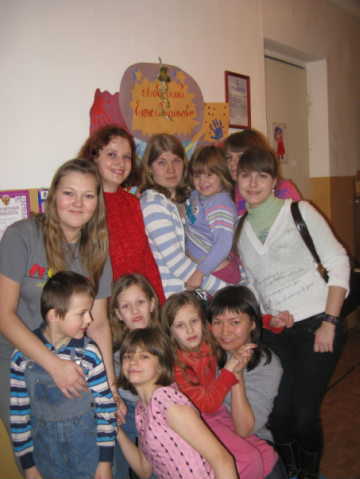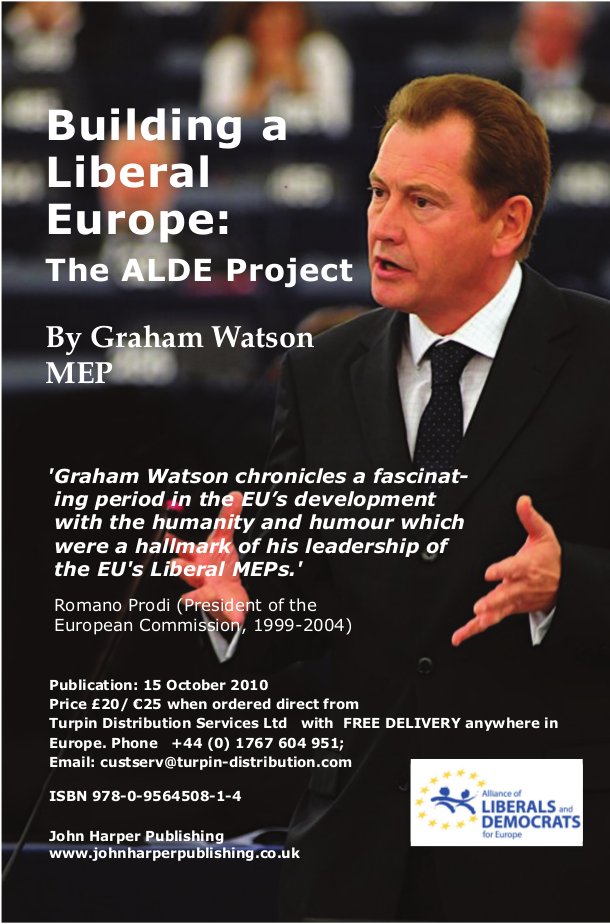Grigory Yavlinsky: “We must be ready to hoist the sail, when a lull in the sea ends”
 Sut’ Sobitiy (The Essence of the Events), 15.04.2016
Sut’ Sobitiy (The Essence of the Events), 15.04.2016
By Valentina Karelova
Will the elections be fair and transparent with the appointment of Ella Pamfilova head of the Central Election Commission, why Alexei Navalny’s work is inefficient, whether Russia needs democracy, and when have we buried it? Grigory Yavlinsky, founder of the YABLOKO party, politician and economist, speaks about all this in an interview to the Essence of the Events.
Question: Grigory Alexeyevich, you are once again planning to take part in presidential elections. What for?
Grigory Yavlinsky: My task is to create an alternative to the current political course, change the policy in the country, and then start creating a different system. We can say that the train in which we were all going has gone, since 2012, in the opposite direction than we planned to go. We are all sitting in the compartment, discussing how best to get to Paris, and suddenly we find that our train has been moving toward Pyongyang for a long time already. We have had twenty years of arguing how to get there faster, bearing in mind the direction to Europe. Now all this talk does not make sense, because we have turned off the chosen path. But either I nor any of my voters were going to Pyongyang. To amend this situation, we need to change the locomotive driver, divert the railroad switch and get back on the track towards Europe.
Question: As more liberal Ella Pamfilova replaced “wizard” Vladimir Choruv [on the post of the Chair of the Central Electoral Commission], can we expect a fair counting of votes and surprises in the elections?
Grigory Yavlinsky: Votes can be counted fairly, but the election results do not depend on it very much. Elections represent a final stage only.
Question: And what do they depend on?
Grigory Yavlinsky: [They depend on] the freedom of speech, of how our television companies function, our courts, on whether candidates have equal opportunities in conveying their views to voters and access to finance. They may count votes honestly, but the result will still be falsified because it was all non-transparent and unfair in the previous years. Therefore, very little will depend on “good person” Ella Pamfilova.
Question: If one can not get through the present system, then why running one’s head against the wall? After all, the result of the election is clear well in advance…
Grigory Yavlinsky: There is a number of reasons. The first reason: it is my job, it is my commitment to the voters and millions of our citizens. The second reason: the situation can change very quickly, and we should be ready to take the initiative in our hands and guide it in the right direction. None of us can form a [new] reality yet, but we must be ready to hoist the sail, when a lull in the sea ends.
Question: Running in the presidential election with the slogan that Crimea must be returned [to Ukraine] is like committing political suicide. Even most of those who initially opposed the annexation of the peninsula have eventually become accustomed to the idea that “Crimea is ours”.
Grigory Yavlinsky: We will see, time will show. I know that many people would consider such stance unpopular.
Question: But one can not pass the residents of Crimea “from hand to hand”. What has to be done?
Grigory Yavlinsky: That is why it is necessary to convene an international conference and develop a road map on what should be done. For example, part of the road map could be a new referendum which is to be held under international supervision, and an agreement that its results will be recognised by the world community. We need to find out with the greatest accuracy the interests of the people there so that to understand what they really want. Especially because they have lived in Ukraine and Russia, so now they will be able to make an informed choice …
Question: But they do not shoot on the peninsula, as in the Donetsk People’s Republic and the Lugansk People’s Republic.
Grigory Yavlinsky: And they do not shoot in Kiev either. As well as in Lviv, and Kharkiv. And in Donbass they shoot because Russia does not want so that shooting stop there.
Question: I would like to ask you about the prospects of democracy in relation to Russia. We have so easily and meekly surrendered (if not betrayed) all our democratic gains of 1980s – early 1990s, that a doubt involuntarily may creep in: maybe democracy indeed can not develop on the Russian soil?
Grigory Yavlinsky: I can not agree here. We are not talking about abstract models of democracy, but about normal modern life: when they steal considerably less, the government is transparent, there is justice in the court, private property is inviolable and human rights are protected by the state … Who would not want that?
And then, I was a witness to a political miracle twice – as people fought for such a prospect. In 1985, no one could have imagined that the Soviet Union would cease to exist. Nevertheless, it happened. It was such a powerful system, incomparable with the present one! Or, for example, I saw many hundreds of thousands of people sitting in the winter months in the square demanding the correct counting of the votes. No one could have imagined that too. In other words, political events, errors, that the government have been making, the deadlock policy which it has been carrying out, may make itself felt at any moment. Here at this point we have to take up the responsibility for making the right decisions.
Speaking about 1990s, when fundamental errors were made, for example, the largest state-owned assets were distributed through a criminal process among a narrow circle of “friends”. Thereafter, there could be no democracy in the country, because democracy would lead to the return of this property and to a new, fair privatisation. Election of Boris Yeltsin [President of Russia] in 1996, and all subsequent events took place with that fact in mind.
Question: How would you assess Dmitry Medvedev’s government? Or it should still be called Vladimir Putin’s government?
Grigory Yavlinsky: I would call this government Vladimir Putin’s shadow. It is a kind of device which is standing between the President and the people. Someone has to deal with matter and to be guilty of the rise in prices! Here Medvedev plays the “important” and unenviable role.
Question: We often hear such terms as he “systemic” and the “non-systemic” opposition. What is the fundamental difference between these two?
Grigory Yavlinsky: the “systemic” opposition is for Putin. The “non-systemic” [opposition] is against his policies.
Question: Which of the two do you refer to?
Grigory Yavlinsky: We are against Vladimir Putin’s policies.
Question: Is there an opposition in the State Duma?
Grigory Yavlinsky: Judging by the vote, there is at least one deputy in the State Duma, who can be seriously considered as the opposition, his name is Dmitry Gudkov.
Question: And which type of the opposition Alexei Navalny belong to?
Grigory Yavlinsky: To a non-political one. He is a public figure who is trying to expose corruption and other shortcomings of our society. But his main problem lies in the fact that he reveals the corruption and then complains about it to those involved in this corruption. Therefore, in terms of a particular outcome, this work is not a very efficient. For example, he reveals the corruption in law enforcement … and complains about it to the same law enforcement. Well, what can be achieved like this? The effect is that the society learns about many of such cases, but can do nothing with it. The system is simply such. That is why I want to completely change it.
Question: After his unexpected success in the Moscow mayoral elections, will they ever allow him to run in the elections some day?
Grigory Yavlinsky: It will not happen in this system soon… They filed a criminal cases against him, several criminal cases. Such a load closed the way to elections for him.
Question: Your rich experience and knowledge could be useful for the country. But your oppositional stance closes many doors to you. Maybe it is worth while to be more loyal to the authorities?
Grigory Yavlinsky: I am interested in the successful future of my country, but I believe that the ongoing political and economic course is erroneous and leads to [Russia’s] irreversible lag with [the developed countries] and its destruction. I am not in opposition to the country and, as you well know, being a deputy [of St. Petersburg Legislative Assembly] I really and continuously work over the key problems of St. Petersburg. I am in opposition to Vladimir Putin’s policies and adhere to a different point of view on many key issues: Ukraine, Crimea, Syria, foreign policy, the economy, education, health care… I prefer to be loyal to my country, rather than erroneous policies, even if it opens some of the doors.
First published in Russian
http://argumentiru.com/politics/2016/04/426670
Posted: April 18th, 2016 under Elections, Parliamentary Elections 2016, Presidential Elections, Presidential elections 2018, State Duma Elections, State Duma Elections 2016.









